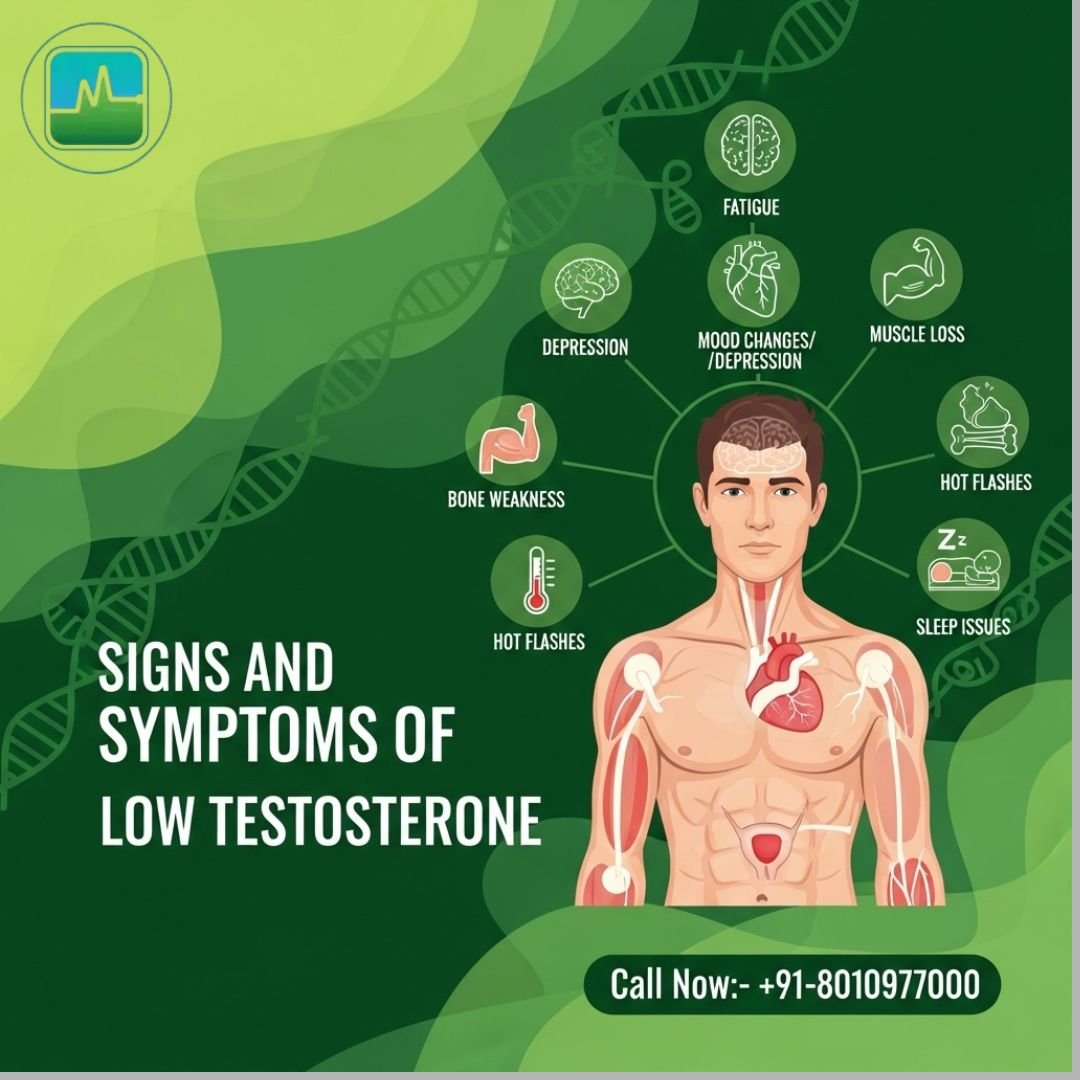What Causes High Estrogen in Men?
Decrease Estrogen Hormones from a Male: Elevated estrogen levels in men can result from various factors, including obesity, liver dysfunction, and environmental influences. Conditions such as hypogonadism, where the body produces insufficient testosterone, can also contribute to imbalanced hormone levels. Additionally, exposure to endocrine disruptors found in numerous everyday products has been linked to increased estrogen production.
Signs Your Estrogen Might Be Too High
Detecting high estrogen levels is crucial for early intervention. Some common symptoms include:
- Gynecomastia (enlarged breast tissue)
- Reduced libido or erectile dysfunction
- Fatigue or mood swings
- Increased body fat, particularly around the abdomen
If you notice these signs, it’s important to consider methods to decrease estrogen levels.
How to Reduce Estrogen in Men Naturally
Clean Up Your Diet
Changing dietary habits can significantly impact hormone balance.
Eat More Cruciferous Vegetables
Cruciferous vegetables like broccoli, Brussels sprouts, and kale contain compounds that promote the metabolism of estrogen. These veggies are rich in indole-3-carbinol, which supports healthy estrogen metabolism.
Increase Fiber Intake
A high-fiber diet aids in the elimination of excess estrogen. Foods like whole grains, legumes, and fruits help bind estrogen in the gut, facilitating its excretion.
Limit Processed Foods
Processed foods often contain unhealthy fats and sugars, which can lead to hormonal imbalances. Opting for whole, unprocessed foods can support overall health and hormone regulation.
Go Easy on Soy
Soy products contain phytoestrogens, which can mimic estrogen in the body. While moderate consumption is generally safe, excessive intake may exacerbate high estrogen levels.
Lose Excess Body Fat
Excess body fat, particularly around the stomach, can contribute to higher estrogen levels.
Start with Simple Workouts
Incorporating simple exercise routines, such as walking or cycling, can help reduce body fat. Aim for at least 150 minutes of moderate exercise weekly.
Stay Active Throughout the Day
Finding ways to stay active throughout the day—such as taking the stairs or going for short walks—can contribute to overall caloric expenditure and weight management.
Avoid Hormone Disruptors
Environmental factors play a significant role in hormone levels.
Ditch Plastic Containers
Many plastic containers release chemicals that may disrupt hormonal balance. Opt for glass or stainless steel alternatives when storing food.
Choose Natural Products
Selecting personal care and cleaning products that are free from synthetic fragrances and chemicals can help minimize exposure to hormone disruptors.
Wash Your Fruits and Vegetables
Washing your produce can help remove pesticide residues and chemicals that may affect hormone levels, promoting a healthier diet.
Cut Back on Alcohol
Excessive alcohol consumption can negatively impact liver function, leading to increased estrogen levels. Reducing alcohol intake can support healthier hormone balance.
Manage Stress Levels
Chronic stress can lead to hormonal imbalances.
Practice Deep Breathing or Meditation
Engaging in deep breathing exercises or meditation can help reduce stress levels and promote overall well-being.
Exercise Regularly
Regular physical activity is a proven stress reliever. Aim for a mix of cardiovascular and strength training exercises to enhance both physical and mental health.
Get Enough Sleep
Quality sleep is essential for hormone regulation. Aim for 7-9 hours of uninterrupted sleep each night to help maintain optimal hormone levels.
Try Natural Supplements
Certain natural supplements may help support hormonal balance.
DIM (Diindolylmethane)
DIM is a compound found in cruciferous vegetables that may help promote healthy estrogen metabolism.
Zinc
Zinc is vital for testosterone production and may help regulate estrogen levels within the male body.
Vitamin D
Adequate vitamin D levels are essential for overall health and may play a role in maintaining balanced hormone levels.
Stay Hydrated
Drinking sufficient water is essential for overall health. Staying hydrated helps support metabolic processes, including hormone regulation.
When to See a Doctor
If you suspect that your estrogen levels are too high, or if lifestyle changes do not lead to improvements, consider consulting a healthcare professional. They can provide personalized assessments and recommend appropriate treatments.
The Bottom Line
Making conscious lifestyle and dietary changes can significantly impact estrogen levels in men. By focusing on natural methods—like improving your diet, managing stress, and staying active—you can foster better hormonal health and enhance your overall well-being. Remember, taking small steps today can lead to lasting benefits for your future.











Leave a Reply